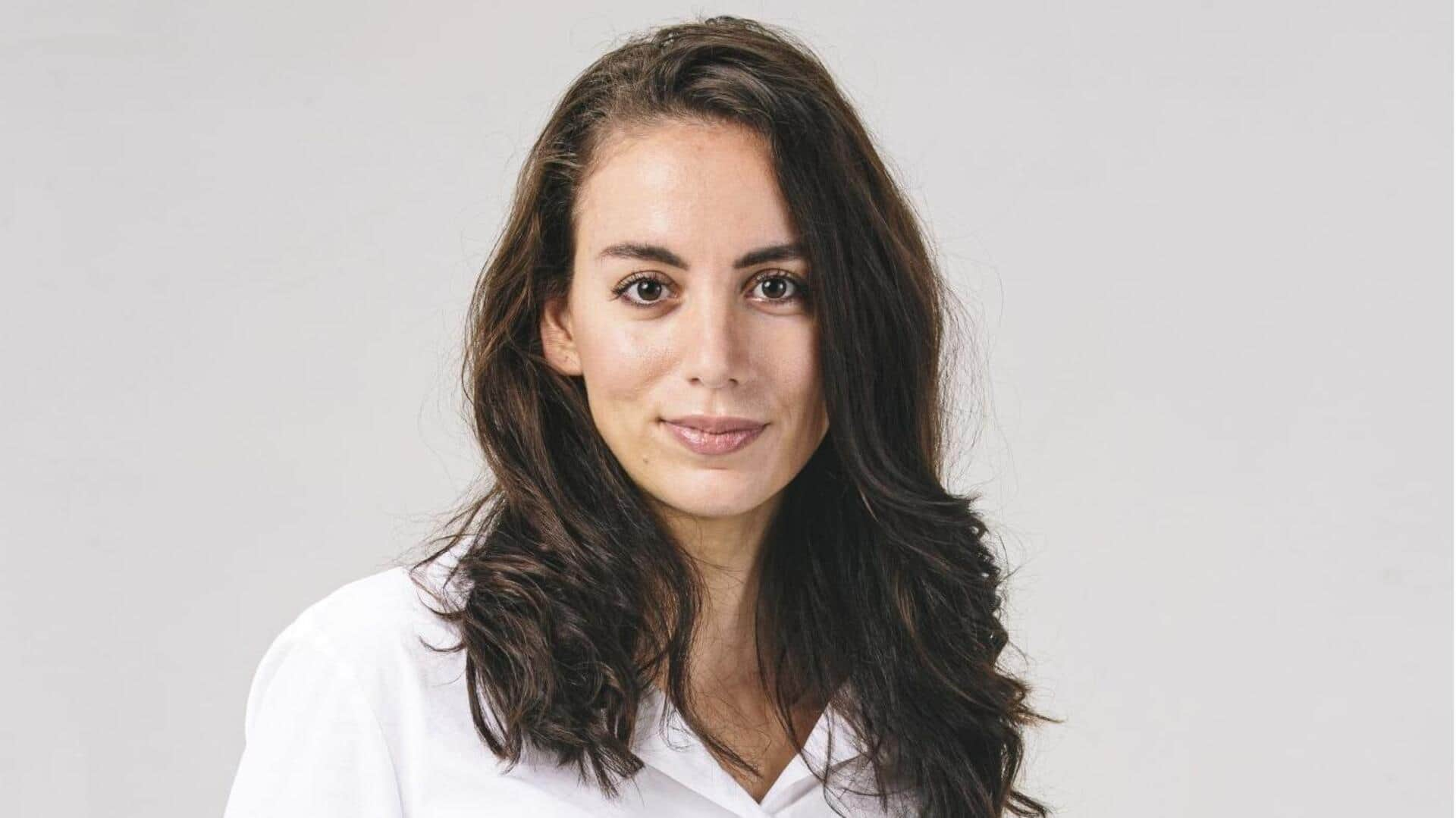
Who is Mira Murati, the woman behind OpenAI's technological advancements
What's the story
Mira Murati, the Chief Technology Officer (CTO) of OpenAI, has announced her resignation from the Microsoft-backed AI company. She revealed this decision through an X post that quickly gained traction online. She has been with OpenAI for six-and-a-half years, playing a significant role in its technological advancements and product development. During a leadership crisis in November 2023, Murati also served as interim CEO of OpenAI after the board temporarily ousted Sam Altman.
Career journey
Murati's educational background and early career
Born on December 16, 1988, Murati began her academic journey at the Pearson United World College of the Pacific in Canada. She later earned a Bachelor of Arts in Mathematics from Colby College and a Bachelor of Engineering from Dartmouth College's Thayer School of Engineering. Her professional career started as an intern at Goldman Sachs, followed by a stint at Zodiac Aerospace. In 2016, Murati joined Leap Motion, a start-up specializing in hand and finger-tracking motion sensors for computers.
Professional progression
Murati's tenure at Tesla and OpenAI
Before joining OpenAI, Murati worked as a Senior Product Manager at Tesla. She joined OpenAI in 2018 as VP of "Applied AI & Partnerships." After several years, she was promoted to CTO, a position she held for over two years. During her tenure at OpenAI, Murati led product development including GPT-4 and played a crucial role in developing ChatGPT. She also supervised releases of image generator DALL-E and AI code generator Codex.
AI perspective
Murati's views on AI
As OpenAI's CTO, Murati gained a reputation for making occasionally controversial statements. For example, she once suggested in an interview that OpenAI's AI could reach a "Ph.D.-level" intelligence. Additionally, in June, Murati raised concerns when she implied that AI could replace creative jobs that "shouldn't have existed in the first place." In a previous interview with Time, Murati emphasized the need for diverse perspectives in addressing ethical and philosophical questions related to AI.